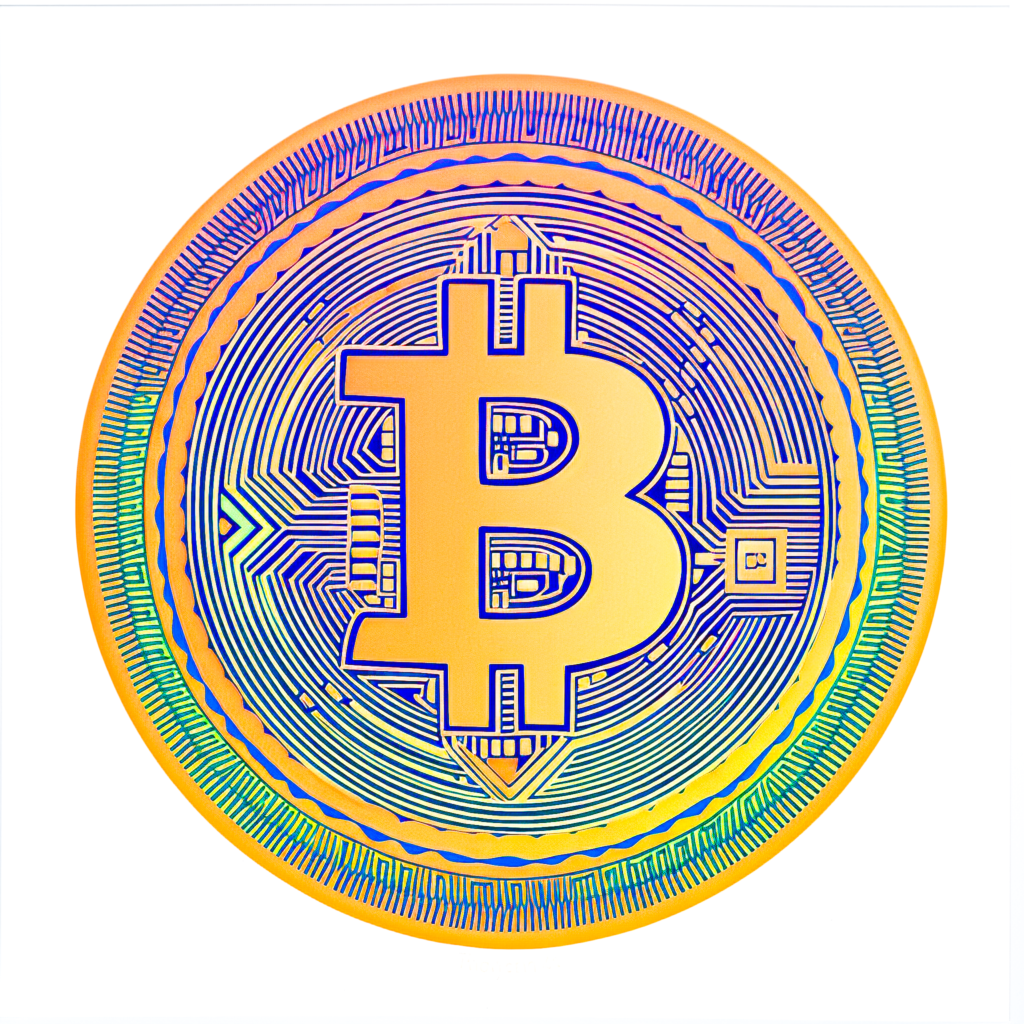https://x.com/raydalio/status/1986167253453213789?s=46
Ray Dalio, founder of Bridgewater Associates and one of the most influential macro investors in history, just sounded the alarm: the Federal Reserve may be easing monetary policy into a bubble rather than out of a recession.
In a recent post on X, Dalio unpacked what he calls a “classic Big Debt Cycle late-stage dynamic” — the point where the Fed’s and Treasury’s actions start looking less like technical balance-sheet adjustments and more like coordinated money creation to fund deficits. His key takeaway: while the Fed is calling its latest move “technical,” it is effectively shifting from quantitative tightening (QT) to quantitative easing (QE), a clear easing move.
“If the balance sheet starts expanding significantly, while interest rates are being cut, while fiscal deficits are large, we will view that as a classic monetary and fiscal interaction of the Fed and the Treasury to monetize government debt.” — Ray Dalio
Dalio connects this to his Big Debt Cycle framework, which tracks how economies move from productive credit expansion to destructive debt monetization. Historically, QE has been used to stabilize collapsing economies. But this time, he warns, QE would be arriving while markets and credit are already overheated:
- Asset valuations are at record highs.
- Unemployment is near historical lows.
- Inflation remains above target.
- Credit spreads are tight and liquidity is abundant.
- AI and tech stocks are showing classic bubble characteristics.
In other words, the Fed may be adding fuel to an already roaring fire. Dalio characterizes this as “stimulus into a bubble” — the mirror image of QE during 2008 or 2020, when stimulus was needed to pull the system out of crisis. Now, similar tools may be used even as risk assets soar and government deficits balloon.
Dalio points out that when central banks buy bonds and expand liquidity, real yields fall, valuations expand, and money tends to flow into financial assets first. That drives up prices of stocks, gold, and long-duration tech companies while widening wealth gaps. Eventually, that liquidity leaks into the real economy, pushing inflation higher.
He notes that this cycle often culminates in a speculative “melt-up” — a surge in asset prices that precedes the tightening phase which finally bursts the bubble. The “ideal time to sell,” he writes, is during that final euphoric upswing, before the inevitable reversal.
What makes this period different, Dalio argues, is that it’s not being driven by fear but by policy-driven optimism — an intentional, politically convenient push for growth amid already-loose financial conditions. With massive deficits, a shortening debt maturity profile, and the Fed potentially resuming bond purchases, Dalio sees this as “a bold and dangerous big bet on growth — especially AI growth — financed through very liberal looseness in fiscal, monetary, and regulatory policies.”
For investors, the takeaway is clear: the Big Debt Cycle is entering its late stage. QE during a bubble may create a liquidity surge that pushes markets higher — temporarily — but it also raises the risk of inflation, currency debasement, and volatility when the cycle turns.
Or as Dalio might put it: when the system is printing money to sustain itself, you’re no longer in the realm of normal economics — you’re in the endgame of the cycle.
Source: Ray Dalio on X

